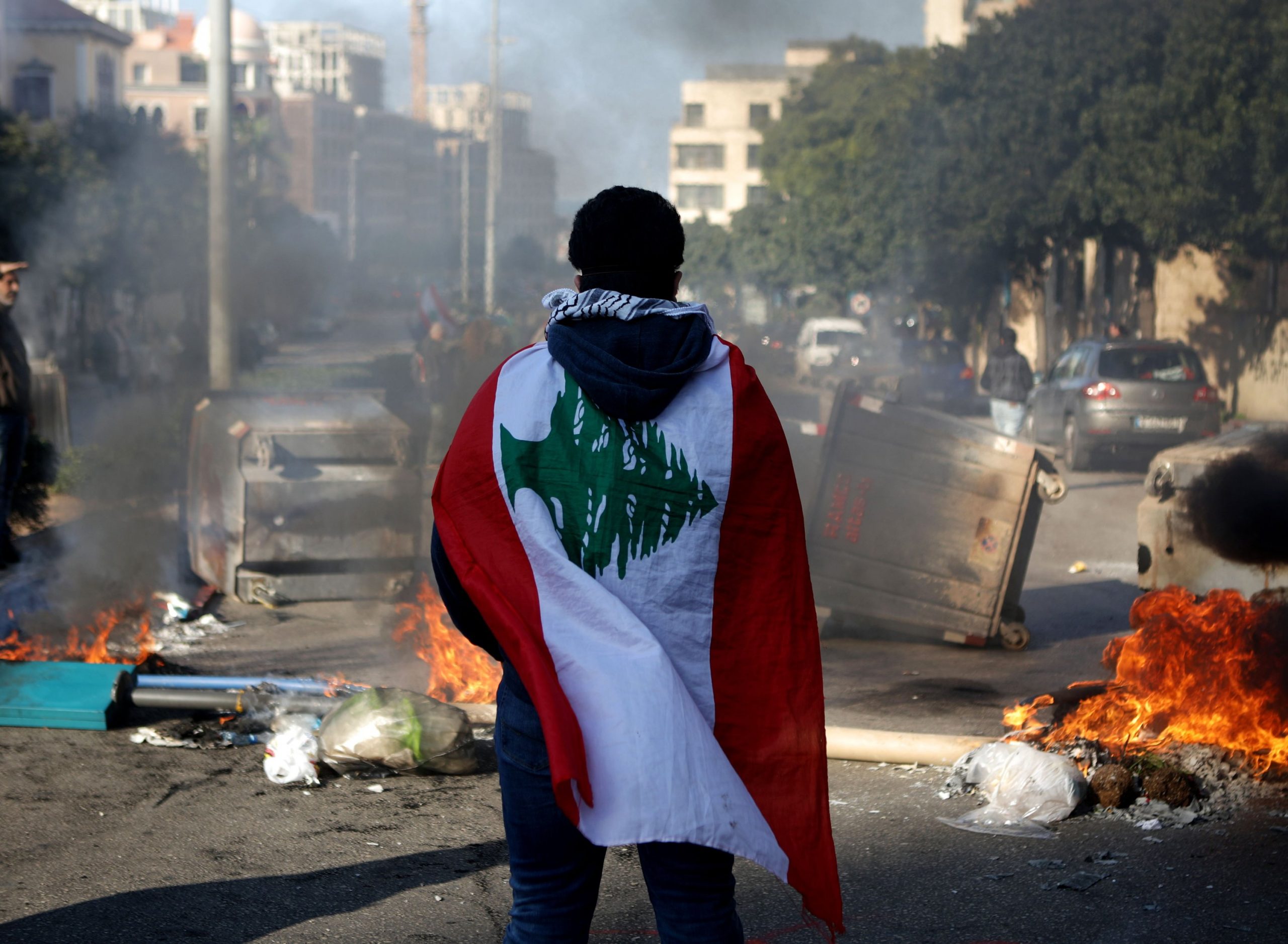Lebanese have been enduring hours of blackouts, revealing the ongoing misery of the country’s economic collapse. Many residents get less than two hours of electricity a day, and many people say the blackouts are worse than during the 1975-1990 civil war.
Parts of the capital Beirut now get just a few hours of electricity a day in the summer heat. The energy minister has cited stockpiling as one of several reasons behind the shortages, with people buying subsidized fuel as a hedge against inflation. “Instead of buying gold, people are buying diesel,” Raymond Ghajar said recently.
Lebanon is one of the most indebted countries in the world with sovereign debt of more than 170% of gross domestic product (GDP). After the country for the first time defaulted on its sovereign debt in March, the government pledged reforms, and in May started talks with the International Monetary Fund (IMF) toward unlocking billions of dollars in aid. But 16 meetings later, talks between crisis-hit Lebanon and the IMF are deadlocked and leaders reluctant to enact reforms.
Since October, the deepening turmoil has sparked mass protests demanding the wholesale removal of a political class seen as incompetent and corrupt. The crisis has shot poverty up to almost 50% and unemployment to 35%. In recent days, the Lebanese pound fetched more than 9,000 to the greenback on the black market. With prices soaring, many can no longer afford to fill their fridges, while others have started bartering clothes or household items online for baby milk and diapers. Four Lebanese killed themselves last week in suicides apparently linked to the economic downturn.
The main displeasure of the Lebanese people appears to be with the current political system. From October to January, mass protests were held demanding fundamental change to the political system. Former Prime Minister Saad Hariri, who included Hezbollah members in his Cabinet, resigned in late October in the face of major street protests. His resignation led to another crisis, as parties failed to reach a compromise for a new government. The movement was initially launched in reaction to a proposed tax on internet call services such as WhatsApp but has since gained momentum as anger continues to grow against the ruling elite and the country’s political system at large. At the national level, the protests aim to address the deterioration of economic opportunities in the country. High unemployment, high tax rates, a lack of infrastructure, energy shortages and limited access to basic needs have all been sources of public frustration. The coronavirus pandemic has exacerbated the situation in the country, with the government extending measures to curb the spread of the virus.
Lebanese politicians are pleading with millions of Lebanese abroad to come to the rescue again. Prime Minister Hassan Diab on Tuesday called on them to “come with dollars.”










Discussion about this post